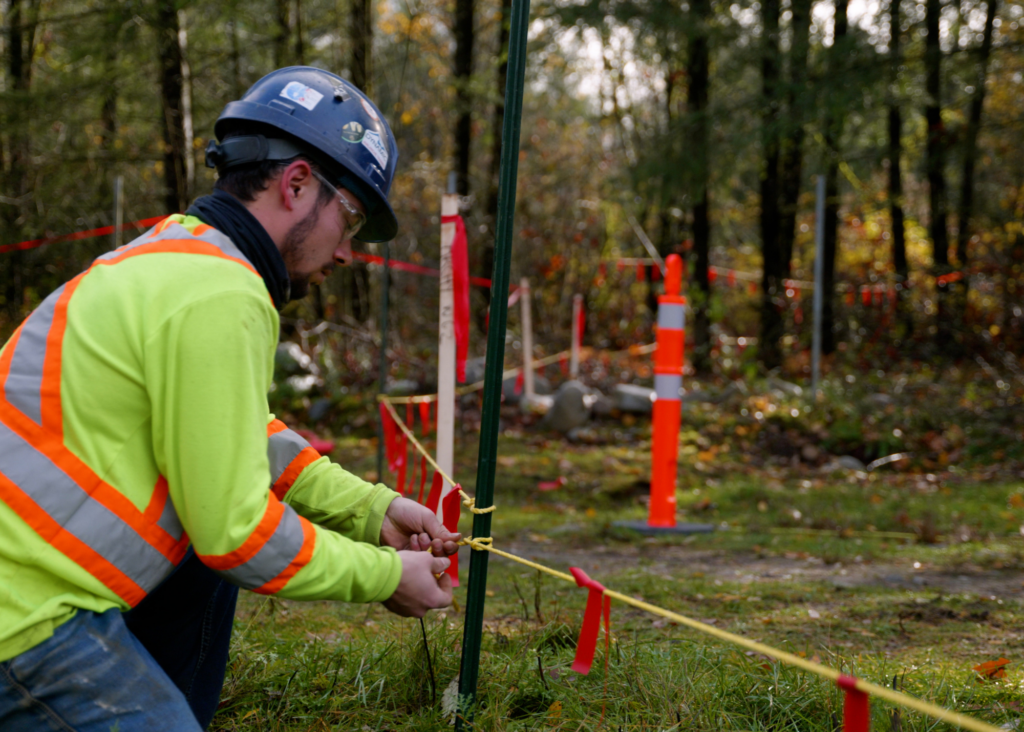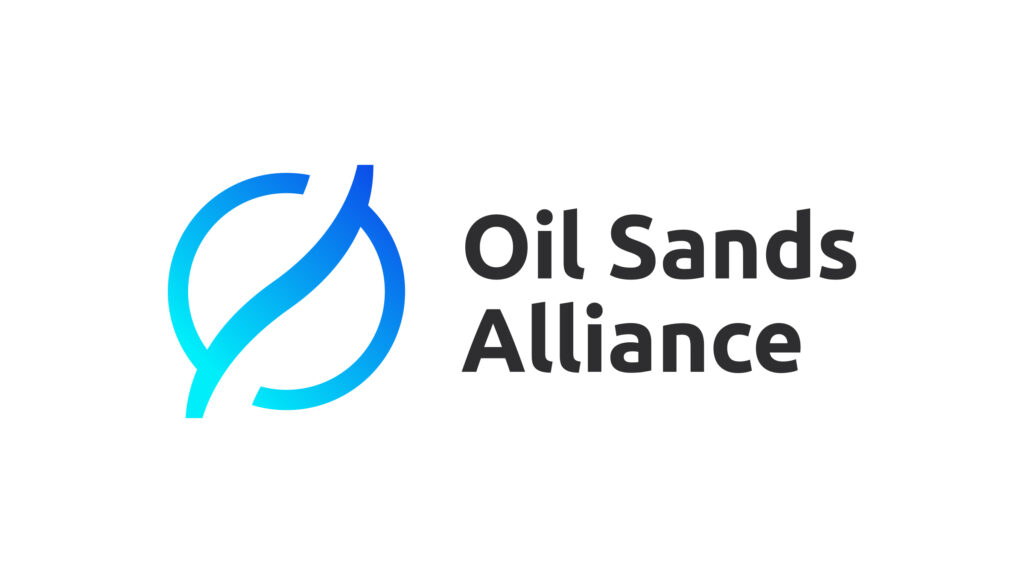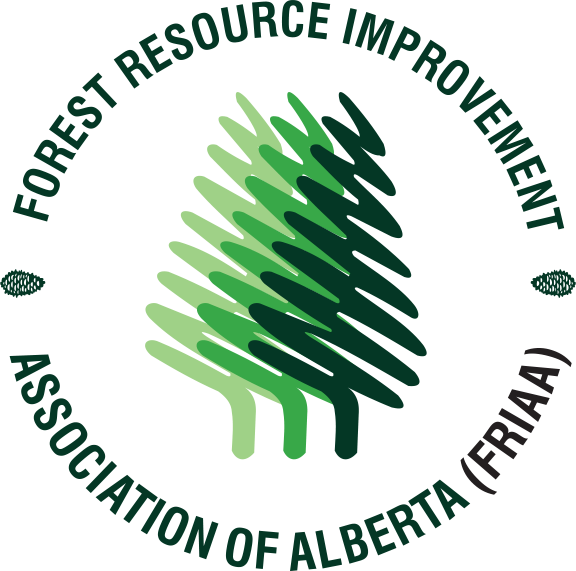The Trans Mountain Expansion Project (TMEP) has set a new standard for environmental stewardship and education in energy infrastructure through its Environmental Protection Rules (EPRs). Designed to minimize environmental impacts, these 10 industry-leading rules ensure ecosystem preservation, wildlife protection, and cultural heritage conservation while engaging 35,000+ workers in environmental training.
During construction, TMEP successfully:
- Protected over 1.5 million amphibians, 3,800 reptiles, and 2,500 Oregon Forestsnails through relocation initiatives.
- Recorded and safeguarded 27,900+ migratory bird nesting sites to protect at-risk species.
- Recovered over 251,000 cultural artifacts and avoided 193 archaeological sites, ensuring the preservation of Indigenous heritage.
- Trained 14,100 Indigenous workers and integrated 5,700+ Indigenous Monitor workdays in 2023, embedding traditional knowledge into environmental protection practices.
The EPR Awards Program recognized 300 workers in 2023 for exemplary compliance, fostering a culture of accountability and environmental responsibility across the workforce. These measures, now being adopted in Trans Mountain’s long-term operations, showcase how proactive planning and training can drive sustainable infrastructure development.








